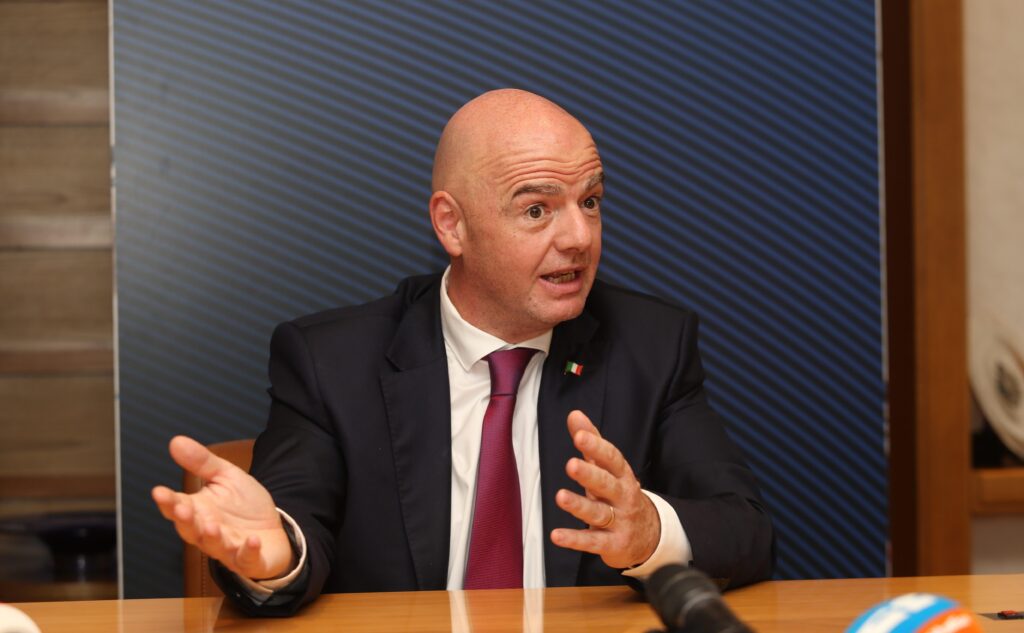Brussels – Judges and sports tribunals cannot make “jurisdiction for themselves,” and FIFA, the top sports body that regulates the game of soccer internationally, cannot be considered above the rules. That is why the TAS (sports arbitration tribunals) must be able to be subject to full judicial review by national courts to ensure the compatibility of FIFA regulations with EU law.
From Luxembourg comes a suggestion of legal interpretation that sounds like an indictment against the soccer world. Attorney General Tamara Capeta is offering the Court of Justice of the EU her conclusions on a pending case that could redraw, again, the scope and boundaries of football. If the judges were to grant the advocate general’s requests, FIFA would have to answer to EU law, and sports justice would end being “taken up” by ordinary justice.

At the heart of it all, the Advocate General argues, is the European single market. Hence, the principle should be established that EU sports operators subject to FIFA’s dispute resolution system should “be able to have direct access and full judicial review, by a national court, of all rules of EU law, and this notwithstanding a final award by the TAS.” The final say in a sports dispute, in essence, should no longer rest with the sports world. This is because it would not be fair.
The central point is that FIFA is self-governing and self-regulating and does not need to go before a judge. For this reason, Member states “must therefore allow direct access to a judge with the power to judicially review the compatibility of FIFA’s rules with EU law, even if a TAS arbitration award applying those rules has been upheld by the Swiss Federal Supreme Court.”
A ruling by the court is expected “at a later date”. We will have to wait to see whether the monopoly of FIFA and its justice will continue to prevail or whether European law will rule in sports disputes.
English version by the Translation Service of Withub




